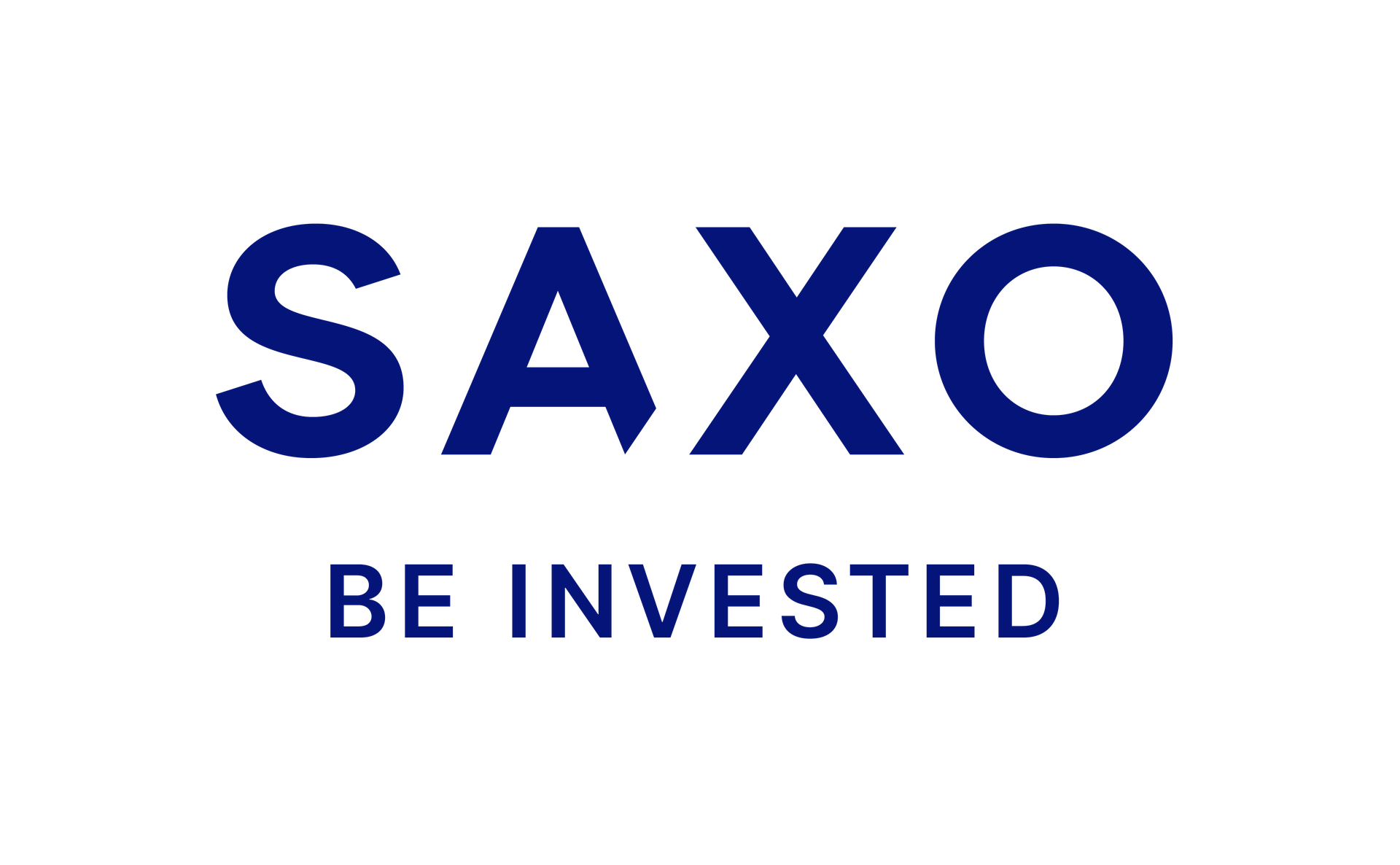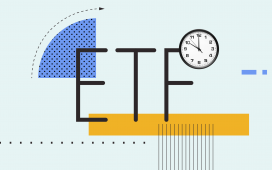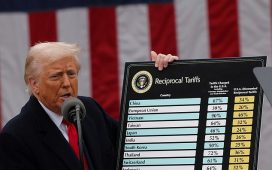No one can accuse the board that oversees the London-listed investment trust Schroder Japan of complacency. Far from it. Led with aplomb by chairman Philip Kay, it is determined to ensure the £304 million fund remains one of the first calls for investors seeking exposure to the Japanese stock market.
Although stellar fund manager Masaki Taketsume is delivering the goods in terms of investment performance, the trust is struggling to attract buyers for its shares – a problem afflicting most investment trusts. The result is a share price that frustratingly fails to reflect the value of the trust’s assets. For the past year, the shares have traded at an average 10 per cent discount.
Rather than sitting on their hands and waiting for the tide to turn, Kay and his compatriots on the trust’s board have opted for a bold double-pronged approach.
Last month, the trust announced measures designed to make it more shareholder-friendly – in the hope of reducing the discount and boosting returns for investors.
First, it said that in the future it would strive to pay investors a larger dividend – an annual 4 per cent compared with 2 per cent currently.

Although a large slice of this ‘enhanced’ income will be funded from the dividends paid by the trust’s underlying holdings, some of it will be financed from its assets (in effect a return of capital). The logic is that many patient investors like to be rewarded with a stream of regular income – annual in the case of Schroder Japan.
Secondly, it said that if the trust failed to outperform its benchmark index – the Tokyo Stock Price Index Total Return – in sterling terms over the next five years, it would give shareholders a partial opt-out. This would allow them to sell a quarter of their holdings at a price reflecting the value of the trust’s assets, not shares (in other words, a better price).
Kay has described the measures as a ‘great package for all our investors’. While they will put pressure on Taketsume to keep outperforming, he does not seem to be feeling the heat. Talking five days ago from Tokyo, the manager said his investment philosophy – built around buying undervalued companies – would not change.
‘The trust’s performance has been strong since I took over some five years ago,’ he said.

‘Hopefully, these new measures will narrow the discount at which the shares trade – and in turn make the trust even more attractive.’
Taketsume’s investment record is exemplary – five-year returns of 50 per cent, compared with 28 per cent for the average of the trust’s peer group. More pertinently, he is convinced that it can continue.
‘There is potential for more upside in the equity market,’ he says. ‘Inflation is coming back to Japan and this is assisting companies which have pricing power, especially those focused on the domestic economy. This, in turn, is driving company earnings higher.’
The 62-strong company portfolio has a bias towards domestically focused companies. A good example is Fukushima Galilei, a manufacturer of energy-efficient refrigerators for the food and medical industries. The trust started investing in the company in late 2019 and it now represents 1.2 per cent of the fund’s assets.
‘Fukushima has a great franchise in the domestic market,’ says Taketsume. ‘Although material and labour costs have risen, it has passed these on to customers and increased profits.’
The trust’s stock market code is 0802284 and ticker SJG. Ongoing annual charges are reasonable at 1.14 per cent.
DIY INVESTING PLATFORMS

AJ Bell

AJ Bell
Easy investing and ready-made portfolios

Hargreaves Lansdown

Hargreaves Lansdown
Free fund dealing and investment ideas

interactive investor

interactive investor
Flat-fee investing from £4.99 per month

Saxo

Saxo
Get £200 back in trading fees

Trading 212

Trading 212
Free dealing and no account fee
Affiliate links: If you take out a product This is Money may earn a commission. These deals are chosen by our editorial team, as we think they are worth highlighting. This does not affect our editorial independence.










